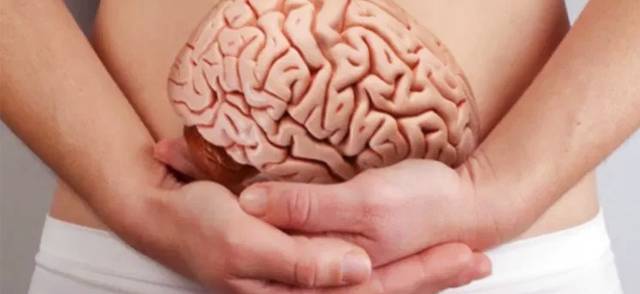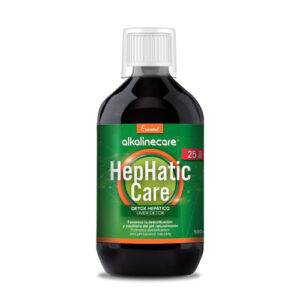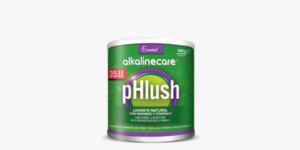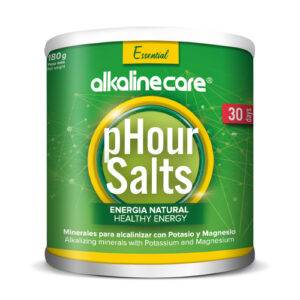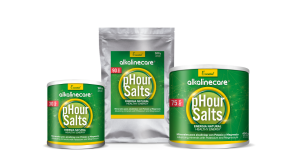In 1961, the American professor Dr. Gershon discovered what would later be called the 2nd nervous system or 2nd brain. However, it wasn’t until 1981 that the connection between the gut and the brain was confirmed. Known as the enteric system, it contains 7through the stomach and intestines. How to take care of your digestive system to improve your mood.
Until recently, neuroscience assumed that the brain controlled the body—that information was transmitted top-down. Now we know there’s another information pathway: bottom-up.
According to Dr. Megan Rossi, Ph.D., a nutritionist with a doctorate in gut health from the Faculty of Medicine and Biomedical Sciences at the University of Queensland: “Our gut has its own autonomy to make decisions.”
As mentioned earlier, the enteric system contains more neurons than the spinal cord and functions independently of the nervous system.
This “independent” brain in our gut and its complex microbial community directly influence our well-being and mood. Today, more and more doctors recognize that the digestive system’s role extends beyond digesting what we eat. Furthermore, many researchers are investigating whether mental health conditions such as anxiety, depression or immune system diseases could be treated through the gut.
Take Care of Your Digestive System to Improve Your Mood
Facts About Our Second Brain
Dr. Rossi, an Australian specialist in gut health, shares some incredible facts about our 2nd brain:
- Our gut has its own autonomy, meaning it can function on its own as it is independent of the brain. Amazing, isn’t it?
- Did you know that 70% of the cells in our immune system live in the gut? This is why, according to Dr. Rossi, the key to immunity lies in gut health.
- She states that people with gut issues may be more vulnerable to common illnesses like colds or the flu or suffer from depression or anxiety.
- 50% of our stool is made up of bacteria, not just food residues as previously believed, and many of these bacteria are beneficial. Hence, maintaining regular bowel movements is essential for preserving our health.
- Trillions of microbes in our gut work to digest food and absorb nutrients, which is why what we eat matters.
- A rich and diverse microbiota is associated with greater gut health and, therefore, better overall well-being.
This highlights the close relationship between our gut, immune system and emotional state.
Gut and Mood
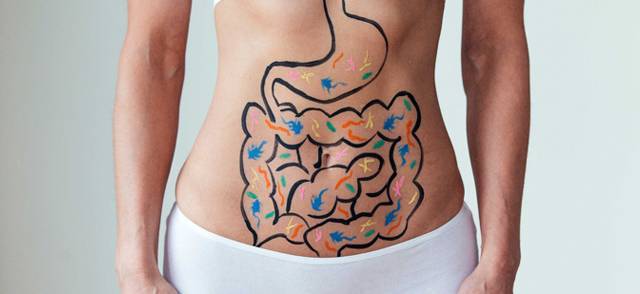
Did you know that your gut is connected to your mood and stress levels? Why is this important? Because when activated, it can trigger significant emotional reactions once integrated into the central nervous system.
You may have noticed that we often react “viscerally”—liking or disliking something instantly. Or have you heard the phrase “I feel it in my gut”? It’s more than an expression; it’s a reality.
It has been observed that individuals with depression and/or anxiety have lower serotonin levels, with many also experiencing gastrointestinal issues, ranging from gas (bloating) to constipation. Serotonin is a neurotransmitter with multiple functions, regulating mood, social behavior, appetite, digestion, sleep, memory and sex drive.
90-95% of serotonin is produced in the gut, with only 10% generated in the brain. This is why poor gut health can lead to a serotonin deficit, potentially causing mental health issues like depression, anxiety or irritability.
There is also a close relationship between the enteric system, nerve impulses and hormones.
As you can see, taking care of your gut flora matters greatly for your overall health.
How to Take Care of Your Gut properly

Here are some simple recommendations to help you keep your gut healthy and boost your energy and mood:
- Follow a healthy, alkaline diet rich in minerals and vitamins, including plenty of vegetables, fruits, seeds, legumes, and whole grains. If you choose animal-based proteins, prioritize eggs and fish.
- Include raw vegetables whenever possible—living food full of vitamins and minerals. Opt for organic produce, as pesticides and herbicides can harm your gut microbiota.
- Avoid coffee, alcohol and acidic foods like processed red meats, which produce ammonia.
- Alkaline diets foster a more fermentative, acidic gut flora, ideal for gut health.
- Leafy greens contain insoluble fiber that acts as an effective prebiotic, feeding your gut bacteria. They also contain tryptophan a serotonin precursor, supporting a good mood.
- Fiber is crucial as it promotes peristaltic movements, aiding in proper waste elimination.
- Include resistant starch-rich foods, like cooled potatoes or lentils, which are satiating, low-calorie, and excellent prebiotics.
- Certain fruits, such as apples, contain soluble fibers that positively affect gut flora.
- Incorporate fermented foods like sauerkraut, a fantastic source of natural probiotics.
- If tolerated, try kefir, another probiotic-rich food.
Try an alkaline diet
- Drink plenty of high-quality alkaline water, low in residue but with essential minerals. Gut function depends on proper hydration.
- Avoid tap water, as chlorine can harm gut bacteria.
- Consume alkaline minerals, such as potassium and magnesium. Magnesium acts as a natural osmotic laxative, promoting enzymatic activity. A magnesium-deficient diet is one of the major causes of constipation, along with sedentary lifestyles.
- Exercise regularly.
- Occasionally use a natural, non-irritating laxative, such as pHlush with magnesium, to support a clean colon and a strong immunity.
- Practice mindful breathing to manage stress and fear. Yoga or daily meditation, even just 10 minutes, can improve the gut-brain connection.
- Sleep 7–8 hours a night.
- If necessary, consider taking a probiotic supplement to strengthen your gut health.
So take care of your digestive system to improve your mood.



